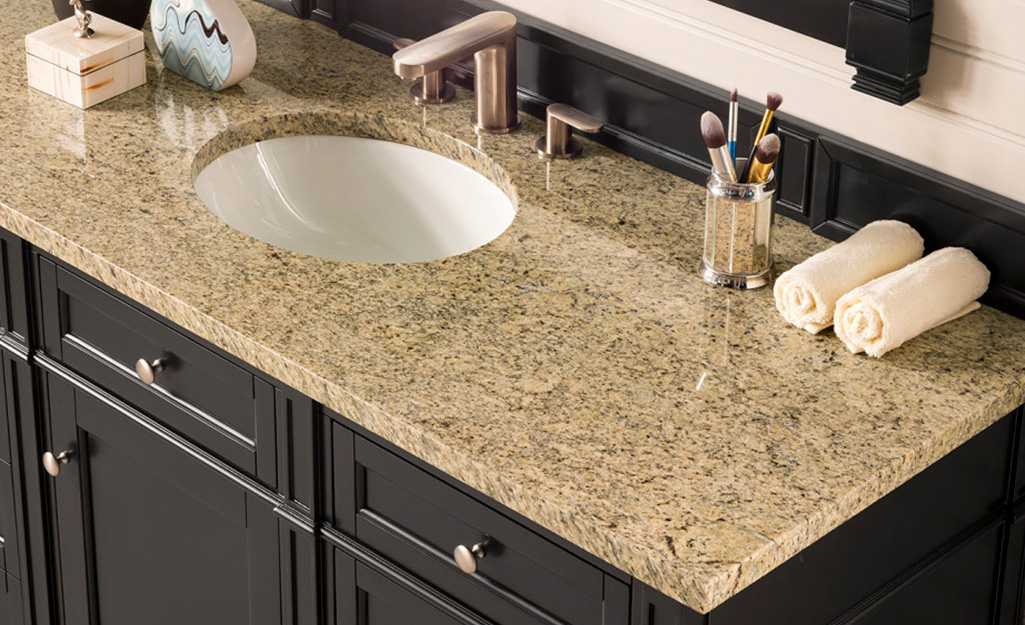Bathroom Countertops
Make Your Bathroom Stand Out
Upgrading your bathroom countertops can have a significant impact on the overall aesthetics and functionality of your bathroom space. Here are some compelling reasons why getting new countertops for your bathroom is a worthwhile investment.
Firstly, new countertops can breathe new life into your bathroom, transforming it into a stylish and inviting sanctuary. Whether you prefer a contemporary and sleek look or a more traditional and elegant design, there is a wide range of countertop materials, colors, and patterns to choose from that can complement your desired aesthetic.
Functionality is another key benefit of new bathroom countertops. Upgrading to materials like quartz or solid surface can provide durability and resistance to moisture, stains, and scratches. These materials are specifically designed to withstand the demands of a bathroom environment. Additionally, selecting a material with a non-porous surface makes cleaning and maintenance a breeze, ensuring your countertops remain pristine.
Furthermore, new countertops can enhance the storage and organization capabilities of your bathroom. Consider integrating undermount sinks, built-in shelving, or countertop extensions to maximize space and keep your bathroom essentials within reach. By customizing the layout and features of your countertops, you can create a more functional and efficient bathroom space.
Lastly, investing in new bathroom countertops can increase the value of your home. A well-designed and updated bathroom is a significant selling point for potential buyers, and high-quality countertops can greatly enhance the appeal and perceived value of your property.

